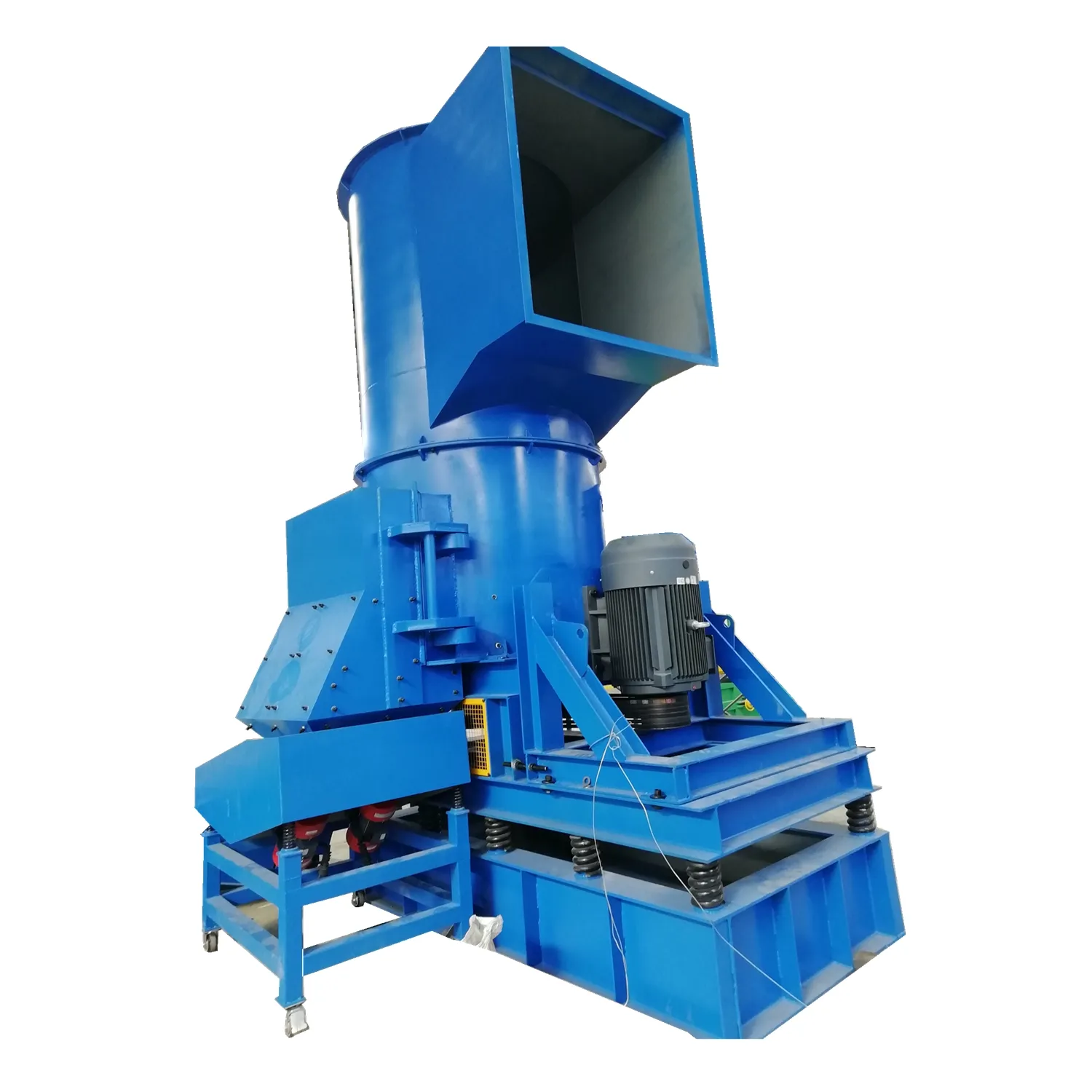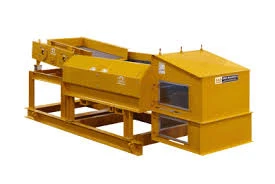In the realm of modern waste management, the introduction of innovative technologies continues to reshape how societies handle and process waste. A waste sorting machine stands as a testament to these advancements, bridging the gap between manual sorting and automated efficiency. Engineered with precision, these machines are pivotal in enhancing waste sorting processes in industrial settings, recycling plants, and even municipalities striving for sustainable practices.

First-hand evaluations of waste sorting machines highlight their transformative impact on recycling efficiency. A recent case study from a leading recycling facility illustrates significant throughput improvements. The facility, previously reliant on manual labor, reported a staggering 60% increase in sorting efficiency after integrating an advanced waste sorting machine. This leap underscores the machine's ability to swiftly and accurately identify, classify, and separate different waste materials—a task that is traditionally time-intensive and prone to human error.
Delving into the technology, waste sorting machines employ a combination of sensors, cameras, and artificial intelligence to execute their tasks with high precision. Optical sensors detect specific types of materials based on their reflective properties. For example, aluminum cans can be differentiated from plastic bottles, while infrared sensors offer an edge in separating organic from inorganic materials. Such technological prowess not only optimizes sorting accuracy but also reduces contamination levels, thereby increasing the quality of recycled materials.

Expert consensus agrees that the integration of artificial intelligence in waste processing is revolutionary.
Machines equipped with advanced AI algorithms learn from sorting patterns and continuously optimize their processes. Industry experts observe that AI-driven waste sorting machines can handle complex streams of mixed materials, automatically calibrating to accommodate varying waste compositions in real-time. This adaptability is crucial in urban settings where waste streams are heterogeneous and unpredictable.
Authoritative reports from environmental agencies emphasize the long-term benefits of waste sorting machines on sustainability goals. By minimizing waste contamination, these machines contribute to an improved recycling rate, directly supporting circular economy models. Moreover, the reduction in landfill use and associated greenhouse gas emissions aligns with global environmental objectives. Importantly, the decreased need for manual sorting processes reduces occupational hazards, fostering a safer working environment.
waste sorting machine
Trust in these machines is fortified by rigorous testing and compliance with international standards. Leading manufacturers subject their machines to stringent quality controls, ensured by certifications like ISO 9001 and CE marking. Additionally, partnerships with academic institutions for research initiatives further validate the reliability and functionality of these machines. Such collaborations aim to refine sorting technologies, ensuring they remain at the forefront of innovation and continue to meet industry needs.
As organizations and municipalities consider adopting waste sorting machines, assessing total cost of ownership (TCO) becomes vital. While initial capital investments are notable, experts argue that long-term savings in labor costs and landfill fees render these machines a financially sound decision. Furthermore, government incentives and subsidies often accompany such eco-friendly investments, easing the financial burden.
Finally, user training is indispensable for maximizing the utility of waste sorting machines. Structured training programs, provided by manufacturers, equip operators with the skills necessary to maintain and troubleshoot machines, ensuring peak operational efficiency. Ongoing support and software updates are typically part of the package, enhancing system longevity and adaptability.
In conclusion, waste sorting machines are no longer a futuristic concept but an integral component of modern waste management strategies. They embody a synergy of technology and sustainability, promising not just operational efficiency but also significant environmental benefits. For businesses and communities invested in sustainable practices, these machines offer a viable path forward, affirming their status as both an innovation and a necessity in today’s environmentally-conscious world.



